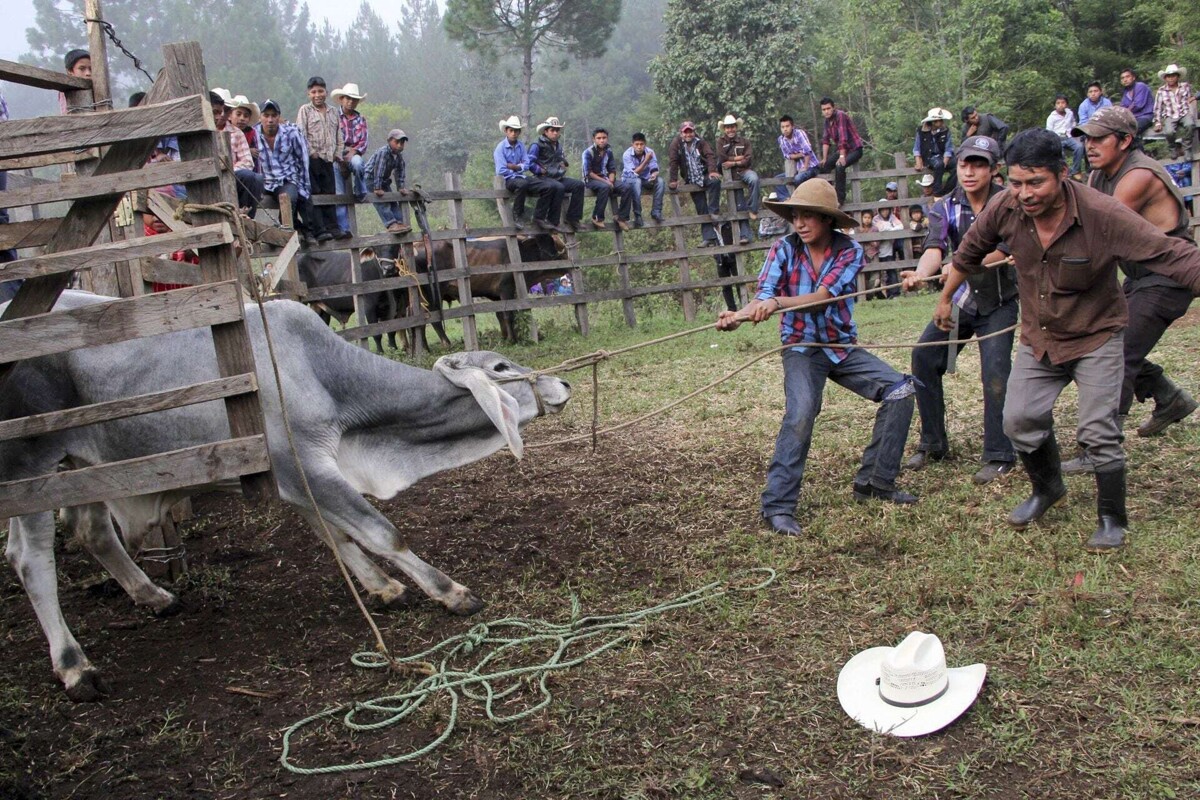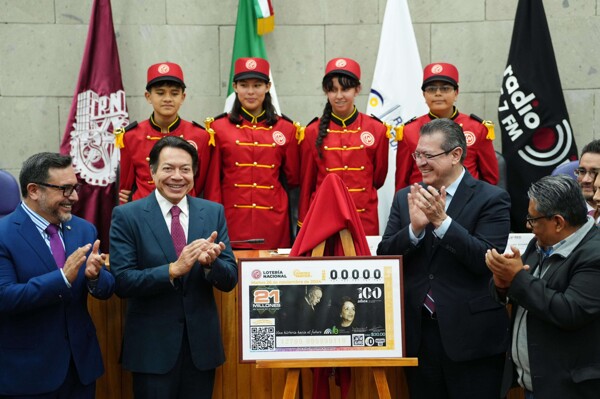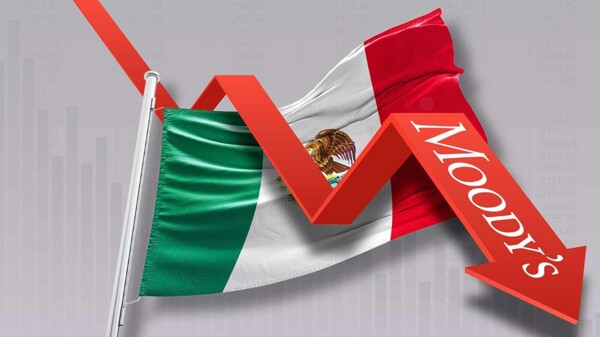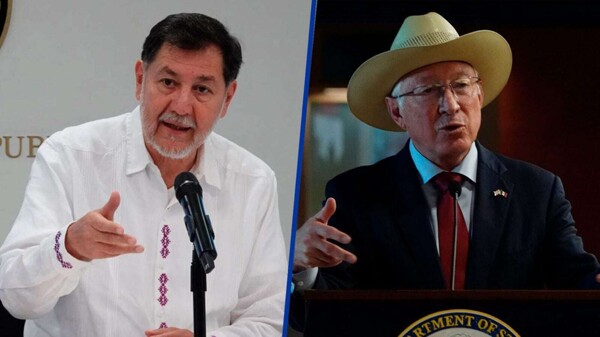
Urban critics often believe that the sacrifice of animals should be avoided; however, this does not always take into account the economic and survival impact that a change in practices would have on indigenous communities. Currently, there is a conflict arising due to the politicization in cities and the ideological imposition regarding the use and sacrifice of animals to meet human needs in Mexican indigenous communities and popular sectors.
Indigenous communities seek to preserve their traditions, where the use of animals for food and other purposes is rooted in a logic of respect and natural balance, despite the promotion of more sustainable diets in a globalized context in cities. This discrepancy manifests at various levels, such as the perspective on the use of animals, where indigenous communities have a holistic and integral vision, while in the city, these practices are criticized.
In indigenous communities, the use of animals for food and practical activities such as fairs and celebrations responds to economic and survival needs, which clashes with the perception of cruelty that is present in urban environments concerning the slaughter of animals. Furthermore, the influence of globalized values, such as sustainability and ethics in food, impacts these differences in perspective.
Criticism of meat consumption in indigenous communities can be interpreted as a lack of respect for their values and traditions, with these criticisms seen as a threat to their culture and way of life. For these communities, the sacrifice of animals is not only a matter of resources but also of balance in the ecosystem and continuity of life, which is intrinsically linked to their cultural identity and their relationship with nature.
In conclusion, the conflict between indigenous customs and the "light" urban culture reflects a divergence of values and realities that requires an inclusive dialogue that respects both cultural particularities and the ethical and environmental concerns of both perspectives. It is essential to understand and respect the subsistence practices rooted in the history of indigenous communities, without belittling their ways of life.














